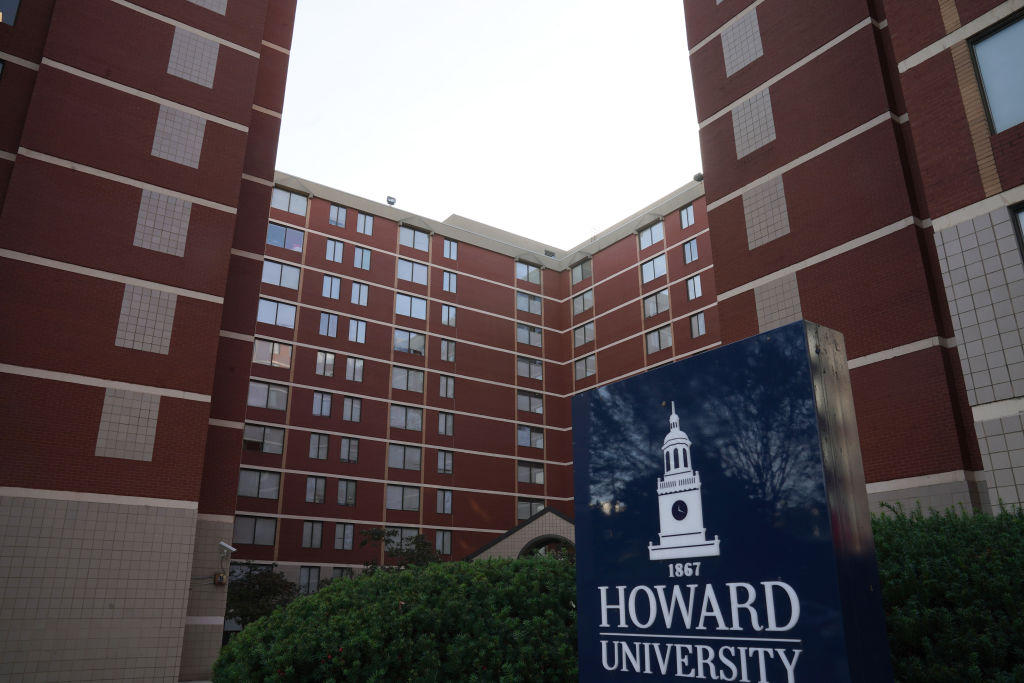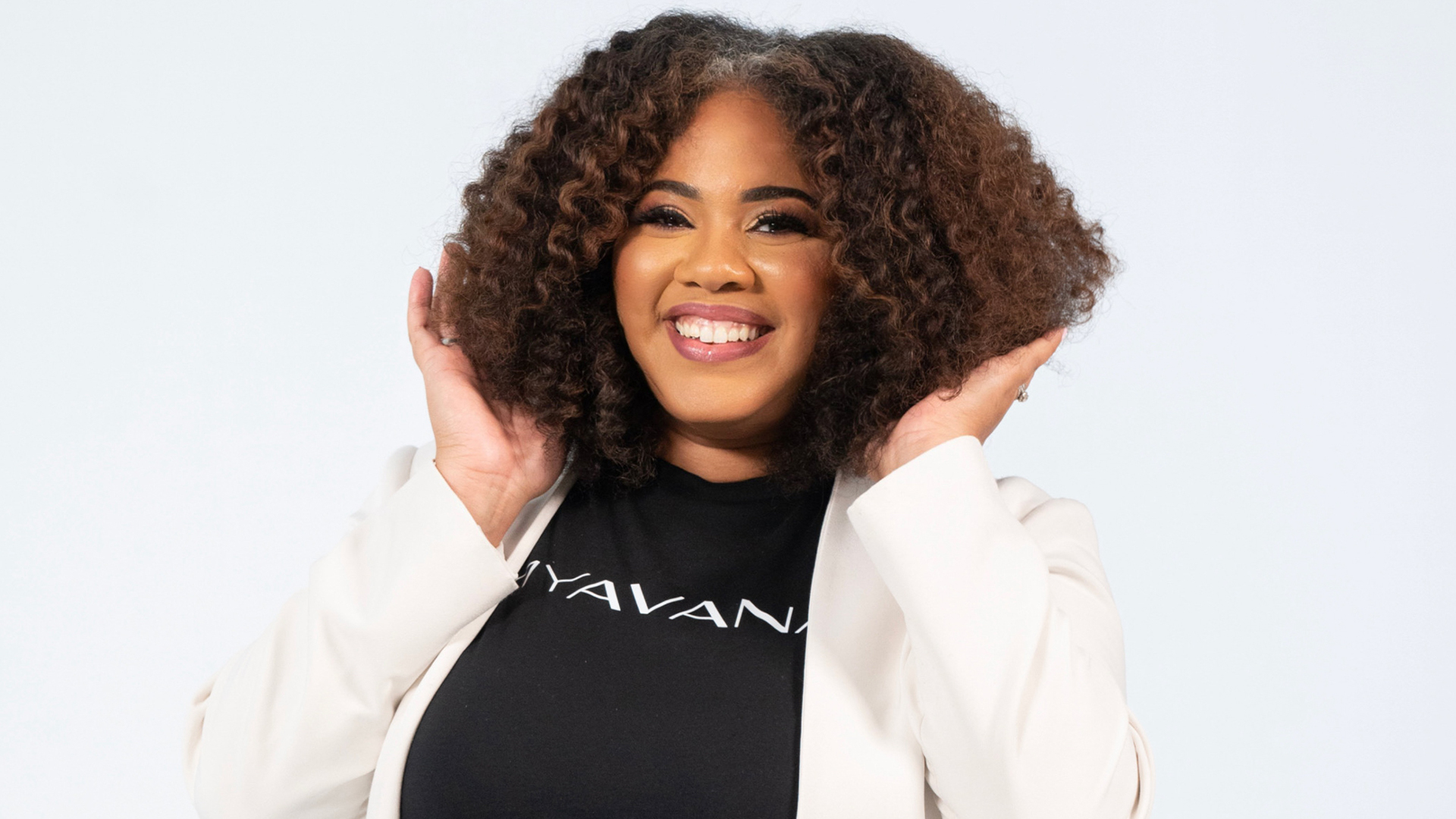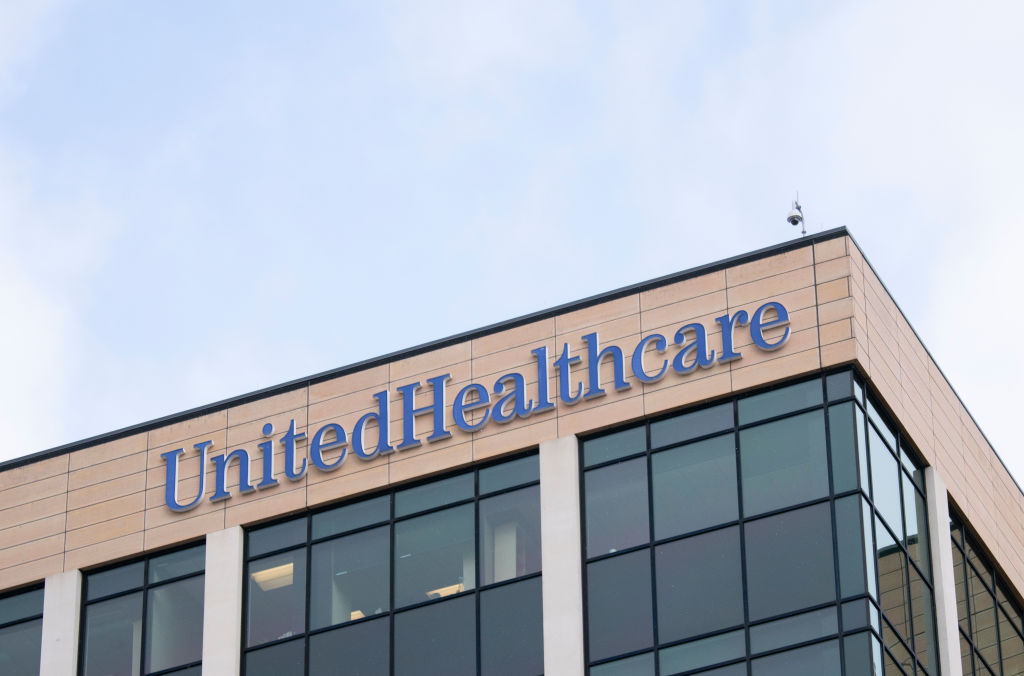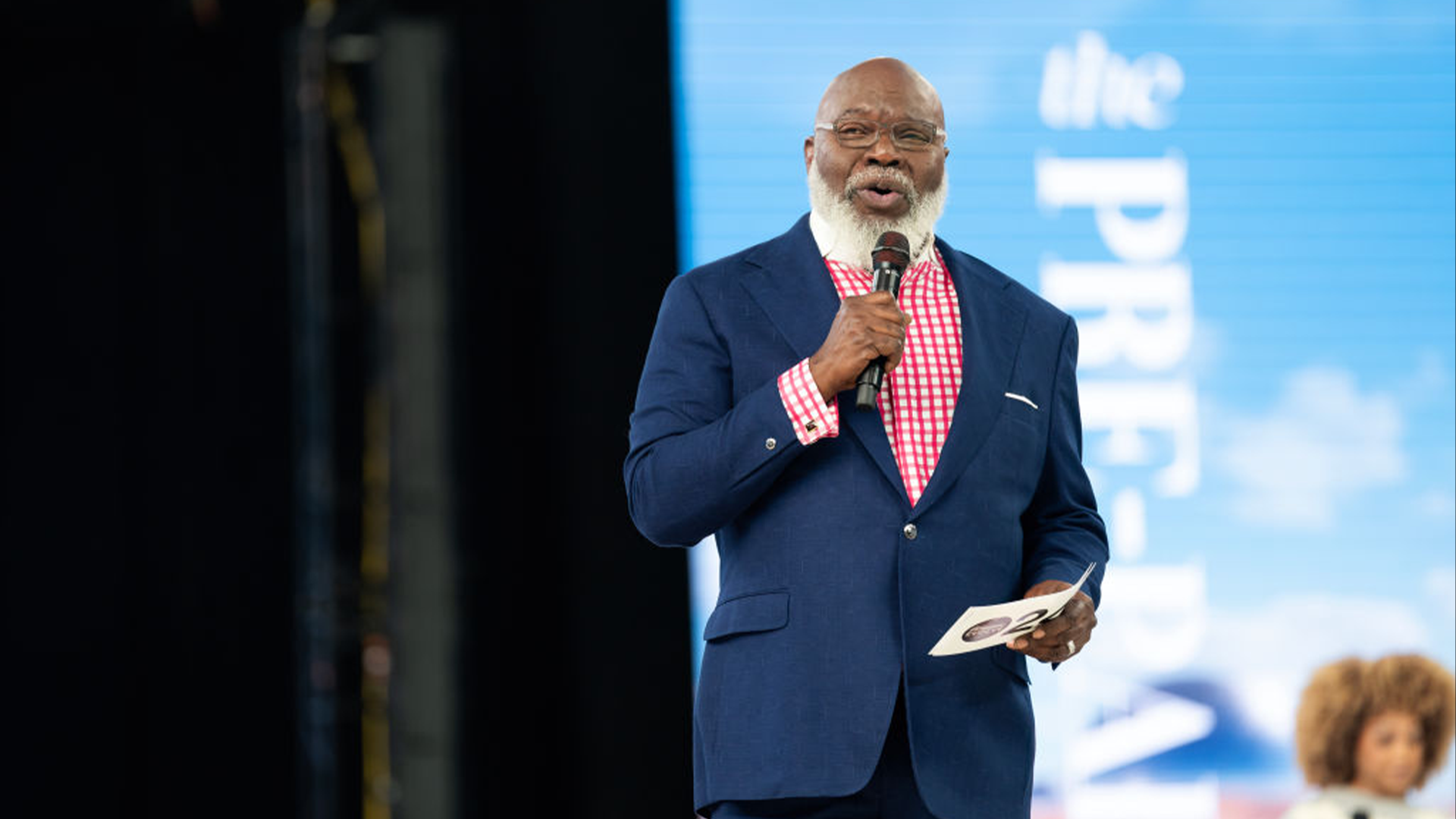Black Mamas Matter Alliance (BMMA) is mobilizing support for Black maternal health.
Black Maternal Health Week
April 11–17 is Black Maternal Health Week (BMHW), an initiative created by the Black women-led, cross-sectoral consortium Black Mamas Matter Alliance (BMMA), with the intent of raising awareness and fostering community around the experiences of Black mothers and birthing people, according to information shared with AFROTECH™. Atlanta-GA-based BMMA traces its origins to 2013 when the Center for Reproductive Rights (CRR) and SisterSong Women of Color Reproductive Justice Collective (SisterSong) began constructive research on the obstacles Black mothers face in accessing health care. Once it had become its own independent entity in 2018, BMMA established Black Maternal Health Week and began working with up to 18 community-based organizations. That number has since grown to nearly 50.
Black Maternal Health Week also intentionally coincides with National Minority Health Month, providing an opportunity for global organizations to advocate for the eradication of maternal mortality.
This year, the BMHW initiative, with the theme of “Healing Legacies: Strengthening Black Maternal Health Through Collective Action and Advocacy,” includes a string of activations such as:
- “Black Maternal Health Walk & Block Party” (April 12)
- “Healing Legacies: Using Data to Improve Black Maternal Health Outcomes” (April 14)
- “Funding Black Mamas: Why We Invest In Black Maternal Health” Instagram Live (April 15)
- “Mama’s Milk: Nourishing Families Through Community Milk Sharing” YouTube Live (April 16)
- “Thriving In Maternal Health Through Policy And Advocacy” (April 17)
“Black folks, Black women especially, we going to continue to hold it down for our communities even in the roughest of times… We see across the news that there has been even more cuts to the federal government, very essential workers, important public health folks at the CDC (Centers for Disease Control and Prevention) across HHS (the U.S. Department of Health and Human Services), and it’s very heartbreaking,” Angela Doyinsola Aina, MPH, co-founder and executive director of BMMA, told AFROTECH™. “At the same time we want to uplift the fact that Black Maternal Health Week is a public health campaign to combat a lot of these issues that contribute to maternal and infant mortality before they’re expansive, and to say that even despite all of the negative politics and things that are happening — not to say that we’re ignoring it, we’re not ignoring it — we’re saying that we’re going to do the best that we can to take care of ourselves.”
She added, “We still believe in public health. We know that the work that we’re doing is divine. There’s nothing wrong with diversity, equity, and inclusion. There’s nothing wrong with health equity. These are great things to do and to fight for. And we actually need more of our healthcare providers and all stakeholders that know that health and well being is important for us all to participate and get behind and join us.”
Support From GE HealthCare Foundation
For the second consecutive year, the GE HealthCare Foundation is supporting BMHW, reinforcing its commitment to advance equity in maternal care. Its funding has been instrumental to BMMA, helping power key initiatives, including the Black Maternal Health Incubator Hub. The pilot incubator ran from September to November 2023 and offered a 9-week and 12-week learning series filled with training, resources, and education tailored for Black-led organizations and professionals in maternal, perinatal, and reproductive health. The program included a capstone project, where participants presented their findings and shared actionable plans to enhance the quality of care within their own community organizations.
Due to high demand around the Black Maternal Health Incubator Hub, a perinatal health learning series launched in Fall 2024, engaging 40 to 50 participants, including nurses, physicians, and clinic staff from across the country. While the aforementioned incubator hub was tailored to Black-led community organizations, the fall series was open to all. It is unclear at the time of this writing if the fall learning series will return in 2025.
“When looking at the maternal health crisis, there is a need for more trained workers,” GE Healthcare Foundation President Abigail Epane-Osuala said. “There’s an increase in people who can give quality care to moms and babies to really increase in access and ultimately, I would say, improve health outcomes for them. Through our grant with BMMA, community-centered care initiatives, they’re being strengthened by the training for caregivers particularly. A lot of efforts and conversations we would have with them around how do we train caregivers like doulas and midwives through their incubator program with the goal of really improving health outcomes for Black mothers and birthing people. Honestly, when community-rooted support is combined, in our opinion, with critical care outcomes, guests improve in that process.”
GE HealthCare’s commitment to Black maternal health is further underscored through partnerships with the Charles Antetokounmpo Family Foundation (CAFF) and the African American Breastfeeding Network. CAFF focuses on key pillars for the Milwaukee, WI, community — including housing, education, nutritious food, safe physical environments, and maternal health care — while the African American Breastfeeding Network works to improve outcomes for mothers and children and champions breastfeeding equity.
“We have the opportunity to uplift and fill gaps. I feel that exists for these incredible sort of nonprofits that we support,” Epane-Osuala mentioned.
Commenting on GE’s support, Aina said:
“We know that GE HealthCare Foundation stepping in to be a champion of Black maternal health equity and understanding and supporting an organization like BMMA and Black Maternal Health Week is a step in the right direction again in our larger fight to end maternal mortality.”

















